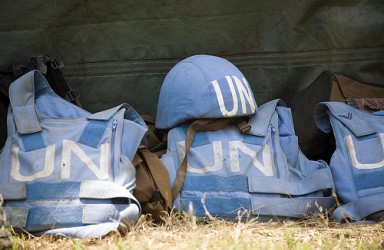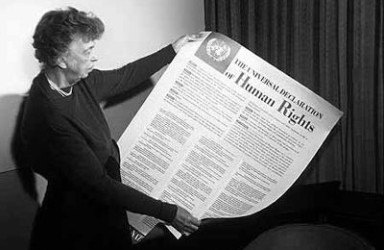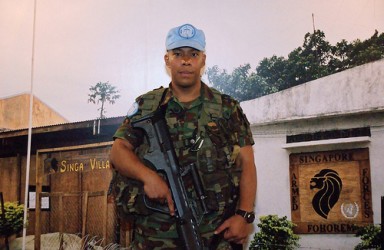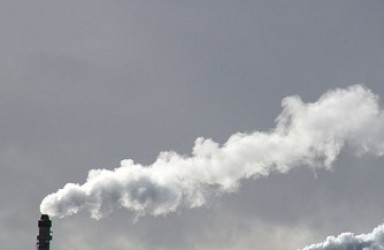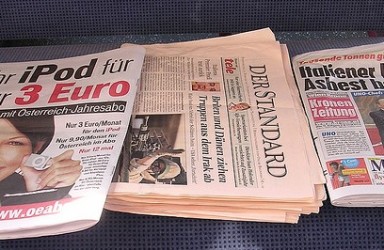Can Armed Intervention to Save Strangers be Morally Justified?
Humanitarian intervention is an issue which receives a great deal of attention from academics, politicians and the media. Throughout the 1990s, human rights abuses in Iraq, Somalia, Rwanda, Bosnia and Kosovo all raised the question of whether humanitarian intervention could be morally justified. This left Tony Blair to conclude in 1999 that ‘the most pressing foreign policy problem we face is to identify the circumstances in which we should get involved in other people’s conflicts’. In the twenty-first century the controversies have continued, and the international community has been deeply divided over whether to intervene both in Iraq and Darfur.
How Did the Brahimi Report Improve the Effectiveness of UN Peacekeeping Operations?
The Brahimi report is not an achievement in itself as peacekeeping still faces operational issues but it greatly contributed to the improvement by highlighting several flaws.
Keynesianism or New Interventionism? Economic discourses in post-crisis Britain
This paper examines the discourses within the British media following the 2008 financial crisis. The renewed interest in the writings of John Maynard Keynes had been heralded by some commentators as a paradigm shift in economic thought. The paper argues that rather than a Keynesian revolution, British thinking was dominated by ‘New Interventionism’; this conceived of the crisis as temporary contractions in consumer demand and credit lines.
Theoretically Justifying Human Rights: A Critical Analysis
Human rights are inherently paradoxical and changeable. In this respect, there is a need to rethink human rights based on difference, rather than sameness.
Is it a good idea for western states to intervene in ‘humanitarian’ crises?
During the 1990s the political elites of liberal democratic states began to lean towards the norm which Kofi Annan, in his speech to the UN General Assembly in September, 1999, labeled as a norm to forcibly protect civilians who are at risk from genocide and mass killing. This undeniably raises the question: is it a good idea to intervene in humanitarian crises?
Expanding UN Peacekeeping Operations Since 1990
The egoistic passions and self-interests of states, in terms of military, economic and diplomatic power, marked the increasing number of UN peacekeeping operations after 1990.
Awash with green: tackling the environment commercially
The primary method of globally managing environmental issues is through the use of carbon trading. This has resulted from the hegemonic success of the ecological modernisation discourse – a discourse immortalised in the Brundtland report in 1987.
How can the media be successfully used for peacebuilding?
Access to information is a vital building block for lasting peace, yet media interventions are not a ‘quick fix’. While they may not be able to solve conflicts, there is certainly an important role for them in spurring debate, reconciling communities and changing behaviour towards peacebuilding.
How do Public and Private Authority Differ from Public and Private Power as Mechanisms of Global Governance?
This essay begins with an articulation of authority, and the role of legitimacy in acquiring authority. It then defines power, moving away from realist conceptions to other social relations through which power manifests. It analyses how these different conceptions of power translate to authority once legitimacy is established before finally concluding with an examination of market authority as an illustration of interconnectedness of authority and power.

